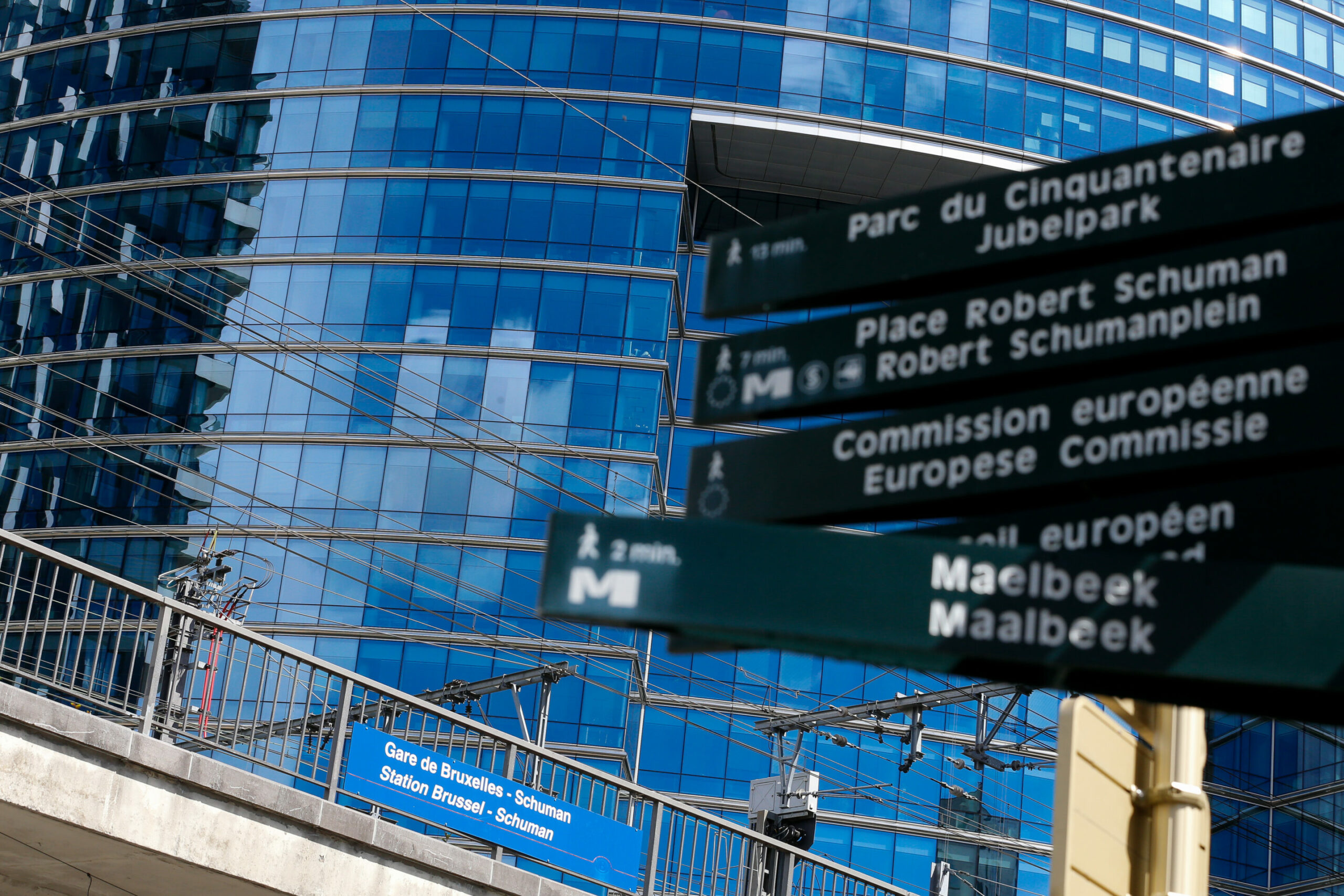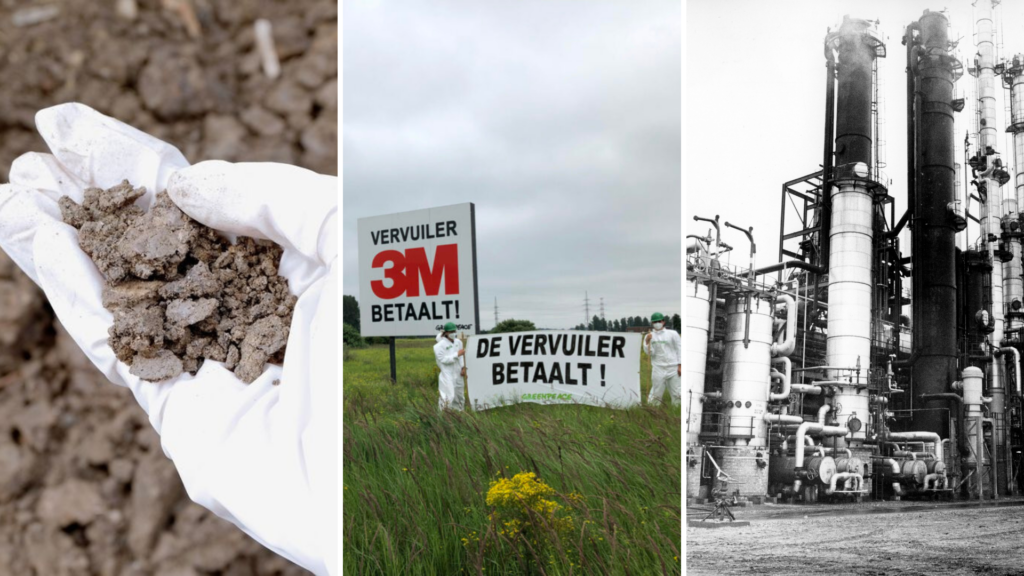For decades Belgium's economy has been boosted by the presence of major petrochemical companies around Antwerp, with the smokestacks and steam crackers clustered around the port. The industry has flourished in Flanders, making up one-third of Belgian exports and bringing employment to the area.
But whilst the concentration of chemicals companies has been a boon to Belgian fortunes, Belgain soil has been less fortunate and the land surrounding these factories has become ground zero for "forever chemicals", the manmade molecules used for waterproofing, adhesives and non-stick frying pans but that wreck havoc in natural ecosystems.
As the name suggests, forever chemicals (aka per- and polyfluoroalkyl substances, or PFAS) don't break down in a natural environment. The health risks that they pose are not fully understood, though they are believed to be carcinogenic and can penetrate living organisms. As well as being detected in crops grown in the Zwijndrecht area, where the now notorious 3M plant is located, blood tests found that residents have PFAS levels up to 100 times higher than the accepted threshold.
But getting rid of the chemicals is a mammoth task. After seeping into the environment for years, removing PFAS will require such drastic methods as replacing the top 70cm of topsoil in local gardens. The associated costs are equally astounding – €571 million has been demanded of 3M to decontaminate the immediate vicinity of its Flanders site.
Except that the problem is far bigger than a few municipalities in Flanders. Whilst authorities are still trying to understand the extent of the damage and the repercussions to human health, the petrochemicals industry has made a concerted effort to downplay the scale of the problem across the EU.
A report released today reveals the lobbying that has targeted the European Commission, diluting regulations and allowing the industry to continue its highly profitable, and highly polluting, activities. The findings are the result of a cross-border investigation that highlights how "industry-funded science, scaremongering, and some unsubstantiated claims" have effectively softened regulations and framed the debate on in the industry's favour.
Dealing with the problem would cost an estimated €100 billion every year in the whole of Europe. With Belgium home to hundreds of "PFAS hotspots", the cleanup would cost between €2.5 billion and €40 billion over the coming 20 years. And all this at a time when industries are crying out about excessive red tape.
Must we really choose between prosperity and our environment?
Belgium in Brief is a free daily roundup of the top stories to get you through your coffee break conversations. To receive it straight to your inbox every day, sign up below:
1. Belgian households are richer than ever
Financial assets – such as bank deposits, stocks and bonds, minus debts like loans – grew as households benefitted from handsome capital gains on their investments. Read more.
2. Corporate lobbying threatens PFAS restrictions – Decontamination costs €100 bn per year
"There are two sides of the same coin: The corporate interests, but also how the Commission is responding." Read more.

3. National strikes: Are they working?
"We should reduce working hours so that everyone has a job. That's how we're going to get the economy going again." Others warned of intensifying protests. Read more.
4. Temperatures drop below zero – hazardous road conditions expected
Caution is advised on the roads as temperatures below 0°C could cause slippery conditions. Read more.
5. Temperatures dropped to -15.5°C on Monday night
The port of Zeebrugge near the Belgian coast was the only area in Belgium where temperatures remained above 0°C on Monday night. Read more.
6. Ski in Belgium: Four centres in Ardennes remain open
From Wednesday, skiing and sledging may be over, as the Royal Meteorological Institute forecasts temperatures above 0°C. Read more.
7. Taxing the rich: Centrist parties agree with socialists in Federal Government talks
The Dutch-speaking socialist party Vooruit has been pushing for larger tax contributions from the wealthiest since the start of negotiations. Read more.

